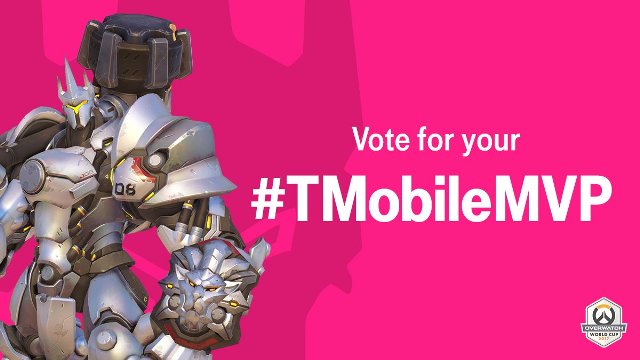 US-based wireless operator T-Mobile has demonstrated Gigabit Class LTE on its LTE network with smartphones powered by Qualcomm Snapdragon Gigabit LTE modems.
US-based wireless operator T-Mobile has demonstrated Gigabit Class LTE on its LTE network with smartphones powered by Qualcomm Snapdragon Gigabit LTE modems.
T-Mobile has expanded LTE Advanced to more than 920 markets including 430 live markets, with a combination of three technologies – carrier aggregation, 4X4 MIMO and 256 QAM.
“T-Mobile customers with capable devices could get Gigabit Class LTE download speeds in 430 markets,” said Neville Ray, chief technology officer of T-Mobile.
The focus of the demonstration was to highlight the capabilities of Android devices powered by the Snapdragon 835 Mobile Platform with X16 LTE — Samsung Galaxy S8, Samsung Galaxy Note8, Moto Z2 Force Edition, and LG V30 – on T-Mobile’s LTE Advanced network in the U.S.
“Momentum for Gigabit Class LTE is continuing to pick up around the world, and we’re delighted that T-Mobile is planning to deliver gigabit connectivity to millions of consumers in the United States,” said Mike Finley, senior vice president and president, Qualcomm North America and Australia, Qualcomm Technologies.
T-Mobile earlier unveiled plans to launch License Assisted Access (LAA), an advanced LTE technology that uses unlicensed spectrum, on small cells to further densify the network for more capacity and data speed.
T-Mobile’s LTE Advanced network in limited locations will offer 2x download speeds. The combination of carrier aggregation, 4X4 MIMO and 256 QAM will support T-Mobile to double the speed again.
T-Mobile believes that carrier aggregation, 4X4 MIMO and 256 QAM will ensure increase in capacity of network, improvement in spectral efficiency, reduced congestion, and deliver faster real-world speeds.
T-Mobile has been rolling out LTE Advanced technologies in the LTE network since 2014 and was first globally with 4X4 MIMO and first in the US with 256 QAM. T-Mobile has more than doubled its LTE Advanced footprint since last year.
The capacity and speed capabilities of T-Mobile’s LAA small cell deployment will pave the way for 5G with a dense upgradable infrastructure. Earlier this year, T-Mobile was the first to launch LTE-U, the precursor to LAA, in select locations.





